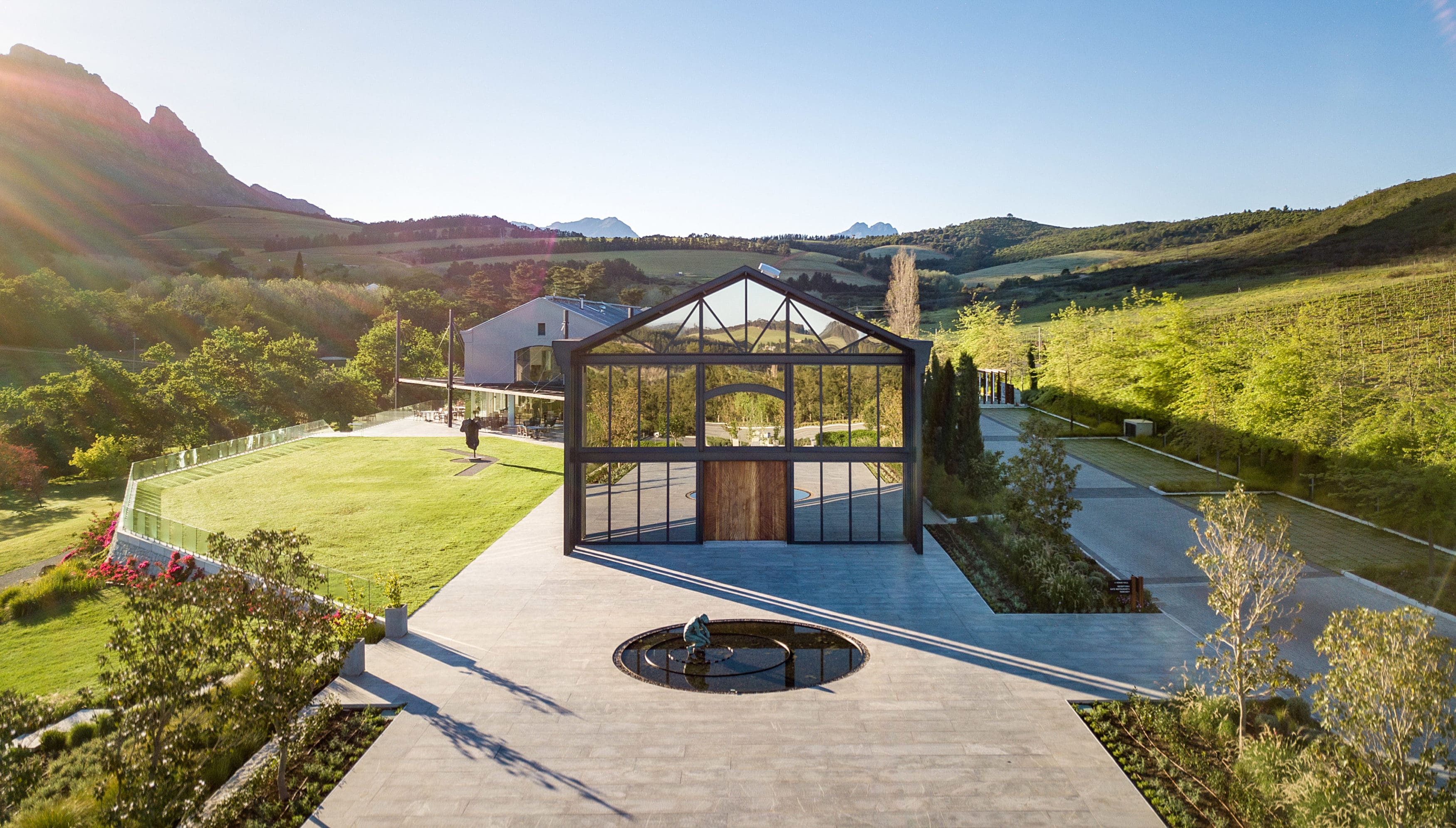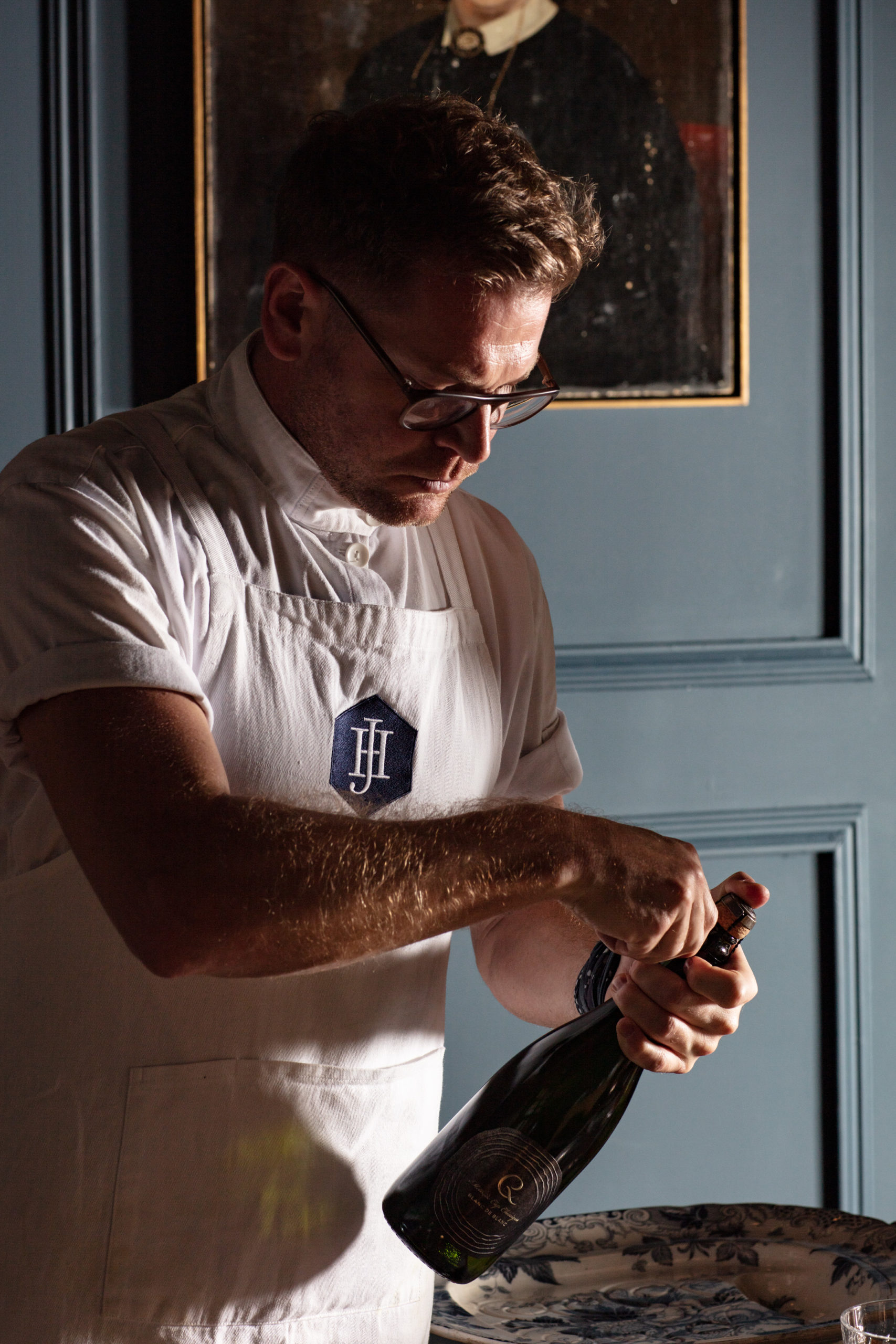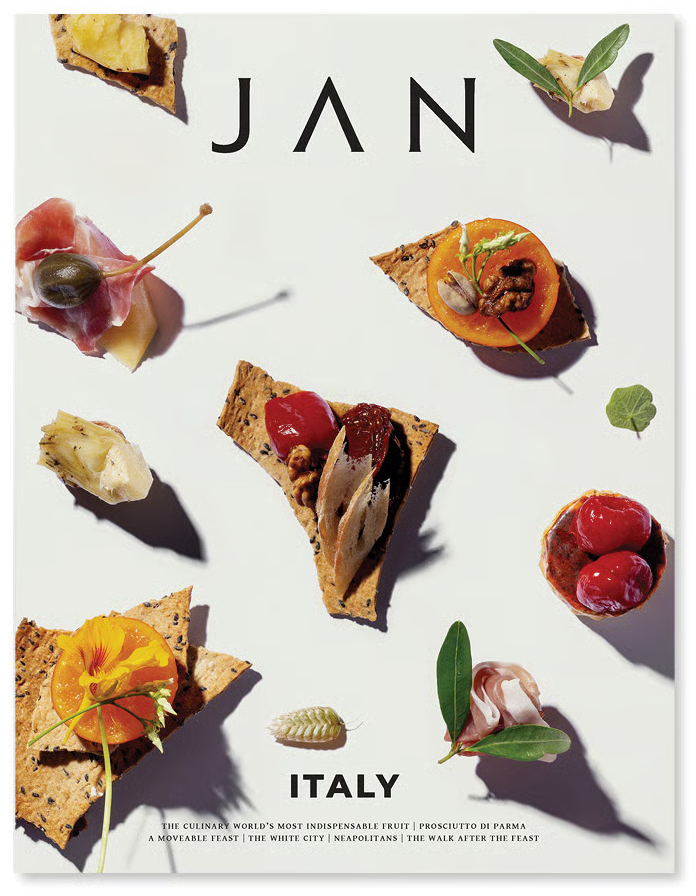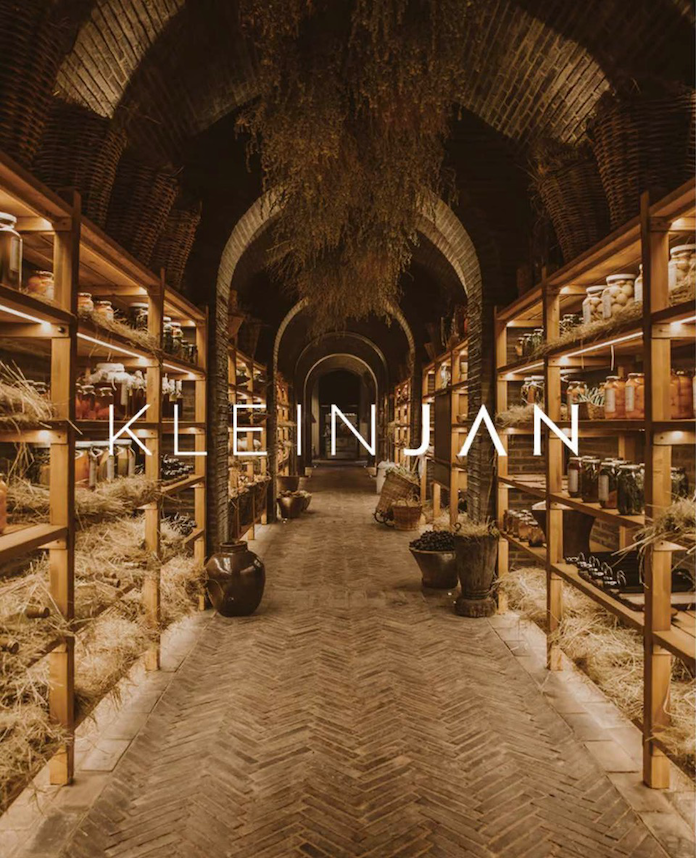NOT ALL BUBBLES WERE CREATED EQUAL
A Fresh Look at Méthode Cap Classique
South Africa has been making wine for more than 300 years, but we only began adding sparkles to our wines about 50 years ago. In 1971, you could pick up a bottle of bubbles for a mere R3, which doesn’t sound like a lot, but it was the most expensive wine you could buy at the time (those were the days). Now, this most festive of wines is the fastest-growing category of wine in the country. But apart from knowing (by now) that MCC is South Africa’s answer to champagne (it is made using the same traditional French champagne method), do we really know what to look for when standing in front of the bubbles shelf at our local liquor store?

First of all, Méthode Cap Classique (MCC) is not the same thing as sparkling wine. If a label doesn’t say “Méthode Cap Classique”, it is either tank-fermented (like prosecco), or it’s regular wine that’s been carbonated. If the label is a bit vague on the details, look closely at the bubbles. MCC will have tiny bubbles with a refined effervescence, while sparkling wine’s got that larger, course fizz more in line with fizzy lemonade.
But what’s the difference? Are these not just details? Well, it comes down to your taste for quality. Because MCC undergoes such a lengthy fermentation process, it develops a fuller flavour profile. In other words, MCC provides a full sensory experience. For that reason, it is also one of the most versatile wines, as you can enjoy it with a wide variety of meals (MCCs pair very well with canapés, oysters, cheese, chicken and fish, while sweeter bubbles like demi-sec love a curry or dessert) – day of night – even for breakfast!
WHAT TO LOOK FOR IN A GOOD MCC
Vintage
Knowing a little bit about which years produced the best wines in which wine regions goes a long way to ensuring you select the best wine. You can get this information from a wine’s tasting notes (usually available on your favourite wine estate’s website), or by talking to knowledgeable wine merchants or winemakers (when you visit a winery). The Vivino app is also a great place for getting a wide range of information about wine.
Cultivar
This refers to the name of the grape, so in South Africa, we’re talking Chardonnay and Pinot Noir mostly – and sometimes about Chenin Blanc and Pinotage. Often, MCC will be a blend, which lends the wine more complexity. Knowing where your cultivar preferences lie will help you choose the right MCC for you.
Sugar level
This is determined by the climate in which the grapes were grown to some extent, but also by the fermentation process. During fermentation, the yeast cells in the wine feed off the sugar, converting it to alcohol. The longer the fermentation process, in other words, the lower the sugar level will be, but this might also mean the wine will have a higher alcohol level.
When looking at a Quoin Rock MCC, for instance, the wine is made using a blend of Pinot Noir and Chardonnay grapes, which were sourced from several different terroirs: Stellenbosch, the home of Quoin Rock Wine Estate, and Boskloof (Elim Farm). The Elim grapes provide a crisp acidity and freshness, while the Stellenbosch fraction adds length and body with fruit. But what really sets Quoin Rock’s MCC apart is the lengthy 54 months it spends on the lees during second fermentation in the bottle, where those beautiful brioche aromas develop.

A WINE TO WATCH
With a remarkable vintage in 2009 producing excellent grapes with good composition, Quoin Rock believed it was worth creating something special and ageing the wine. Quoin Rock’s limited edition, 2009 Blanc de Blanc MCC is now newly released. This is a particularly special offering from the Stellenbosch-based wine farm. It was created using only the best parts of their Boskloof farm’s Chardonnay blocks. The grapes for this 2009 vintage were whole-bunch-pressed and stored in French Oak barrels for seven months. Following the strict guidelines of producing a Méthode Cap Classique, the wine was allowed to mature on the lees for an astounding 103 months before being disgorged. A further two years of bottle maturation resulted in a special, limited edition bottle of MCC with depth and complexity that was well worth the wait.
Buy Quoin Rock MCC















